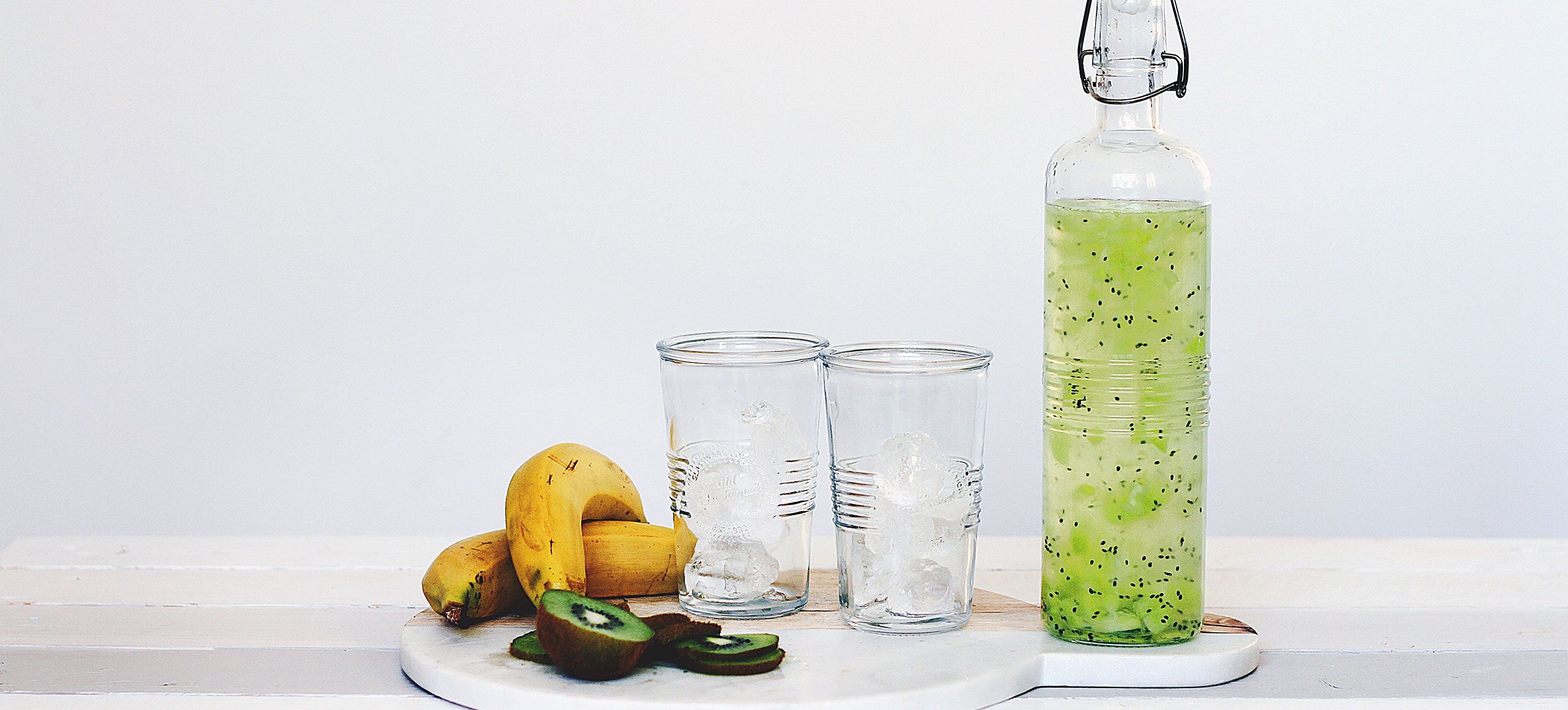
08 Dec It’s Summer – Let’s Talk Hydration
Hydration, we know it’s nothing new, but it’s surprising to see just how many of us don’t drink enough water. Not juice, or sports drinks or flavoured drinks – just plain old H2O. Water is the single nutrient that makes up the greatest percentage of mass in the human body. When water balance is upset it has the most dramatic impact on function and structure resulting in some serious side effects. The human body is resilient to some change, however, during physical activities, illness and extreme climate/environmental conditions, the effects of water deficit can be magnified to that point where physical and mental functions are diminished. Additionally, depending on the extent of water imbalance, the safety and well-being can be at risk.
The cumulative water volume in the body is called total body water. Total Body Water makes up a massive 50 % –65 % of body weight (approximately). Total Body Water is dependent on age, gender, and body composition but is actually highest in infants (being about 70 %) and decreases over the lifespan. Much of the age-associated decline in Total Body Water is due to the increase in body fat, which decreases the percentage of Total Body Water.
We as humans are described as euhydrated or in a state of euhydration when the volume of water is that which supports good health and normal function. There are numerous metabolic reactions in the human body that require water as the transporter, cofactor or medium. In general, water provides the medium for the solubility and passage of nutrients from the blood to the cells and the return of metabolic by-products to the blood. Water is also the main ingredient to keep the body in balance (homeostasis). For example, body water moves from areas of high solute concentration to areas of low solute concentration (i.e. more dilute) in order to maintain equilibrium (homeostasis) in all body compartments.
There are many ways that water loss can occur. The most common ways to lose water:
- Tears
- Sweat
- Breathing
- Urine
Other ways to lose water:
- Diets
- Stress
- alcohol
- Rapid fluid loss may also come from vomiting and diarrhea.
Did you know that if you are feeling thirsty that you are already dehydrated!
So how much water do you need?
Our recommendation is to DRINK EXACTLY 60% OF YOUR BODYWEIGHT IN OUNCES OF ONLY WATER AS A LIQUID PER DAY AS A BASE SUPPORT
The days are getting hotter and the celebratory month of the year is here. Stay on top of hydration and get drinking that H2O.
